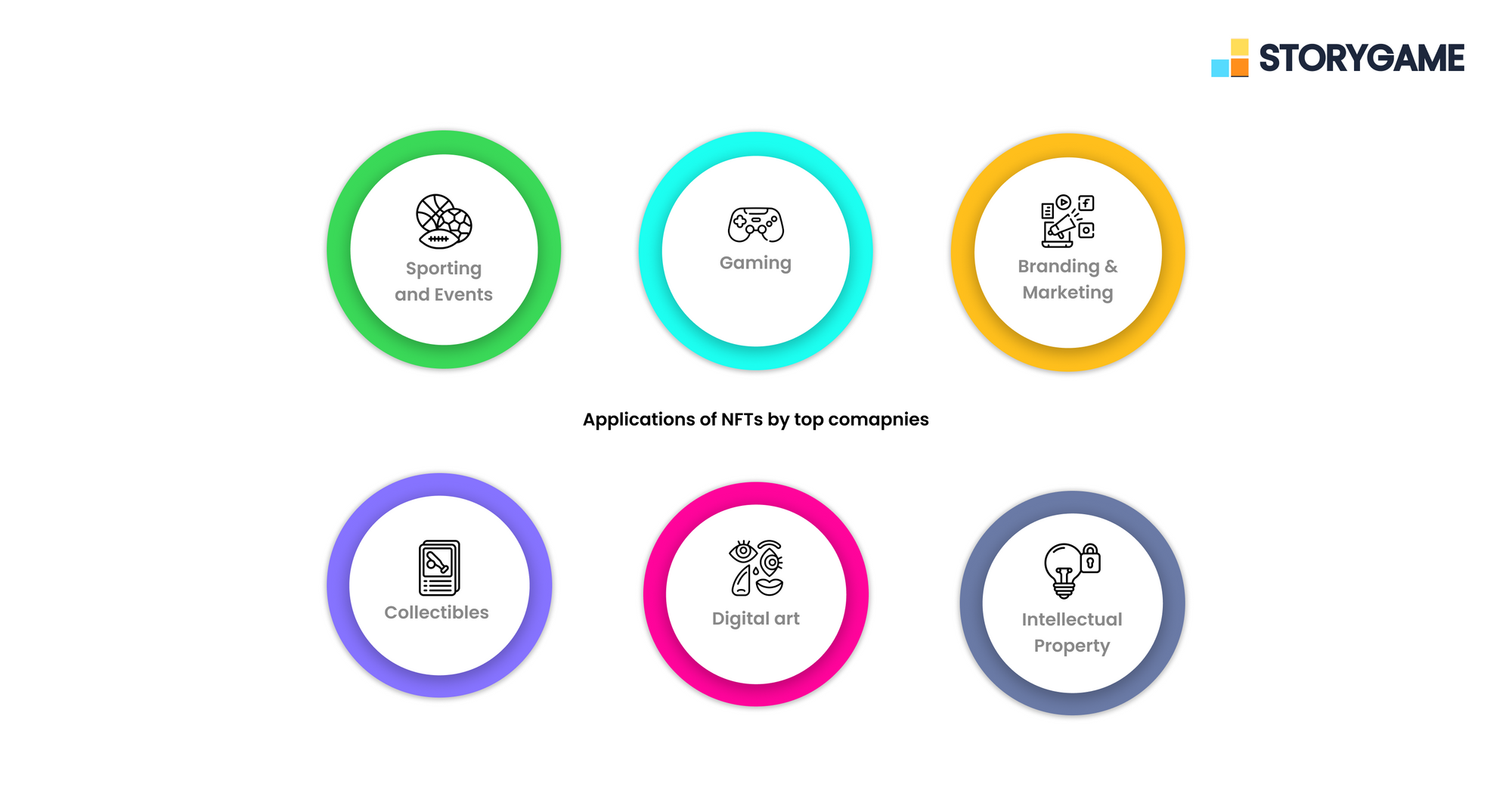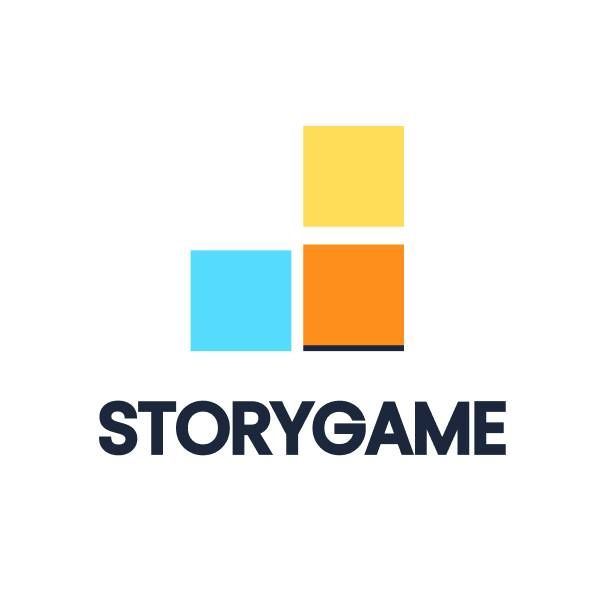According to a report by Dapp.com, the global NFT market grew by more than 2,500% in 2020. The report shows that the total value of NFT transactions reached $250 million in 2020, up from just $10 million in 2019. Fast forward just two years and the global NFT market is expected to grow at a compound annual growth rate (CAGR) of 52.5% from now to 2025. This rapid growth can be attributed to a number of factors, including the increasing popularity of NFTs as a way to collect and trade digital assets, the launch of major NFT platforms such as Ethereum-based Decentraland and Wax, and the growing interest from traditional investors and brands. As the NFT market continues to grow and mature, we can expect to see even more innovation and adoption in the space.
NFTs have been gaining in popularity over the past few years, with more and more people buying, selling, and collecting them. We saw a massive boom in celebrity NFTs followed by a crash in the cryptocurrency market as a whole. In the aftermath of the ruble, companies, investors and creators alike, are now wondering if the NFT bubble has burst and if they are no longer as popular as they once were. There is no doubt that the NFT market has slowed down in recent months, with prices dropping and fewer people buying and selling them. However, this doesn't mean that NFTs are dead in the water. The truth is, that the NFT market is still in its early stages and there is a lot of potential for growth. While the current slowdown may cause some people to lose interest, there are still plenty of people who are passionate about NFTs and are willing to invest in them. Despite all the doom and gloom surrounding the crypto industry over the past few months, one thing that has continued to thrive in the non-fungible token (NFT) market.
So why are NFTs still going strong while the rest of the crypto world is struggling?
For one, NFTs offer a level of uniqueness and scarcity that is simply not possible with traditional fiat currencies or even other cryptocurrencies. Because each NFT is unique, it can be used to represent ownership of digital or physical assets in a way that is verifiable and immutable. This has already led to a number of real-world applications for NFTs, such as in the gaming industry where they can be used to represent in-game items, or in the art sector where they can be used to represent digital artworks. Another reason why NFTs are still going strong is because they offer a way for creators to monetize their digital creations in a way that is similar to how they would monetize physical creations. This is because NFTs can be bought, sold, or traded just like any other asset, and because they are digital, they can be easily transferred and stored. This is a big deal for creators, as it provides them with a way to generate revenue from their work without having to rely on traditional avenues such as advertising or sponsorship.With the increasing investment by major corporations in the NFT space, as the NFT market continues to grow at an exponential rate, we can expect to see more innovation and adoption in the space. So far, we've seen a number of major corporations, including Microsoft, Google, and Samsung, invest in NFTs.There are many use cases that NFT's are getting used, here are just a few examples of how big companies are using NFTs:

Digital Art
One of the most popular use cases for NFTs is digital art. Crypto art platforms like SuperRare and Foundation allow artists to create and sell digital art collections that are stored as NFTs on the blockchain. This not only allows artists to monetize their work in a new and innovative way, but it also allows collectors to own unique pieces of digital art that can be stored and traded like any other asset.
Collectibles
Another popular use case for NFTs is collectibles. Platforms like Opensea and Rarebits allow users to buy, sell, and trade collectibles that are stored as NFTs.This includes everything from digital cats and dogs to virtual land and in-game items. And because each NFT is unique, collectors can be sure that they're buying rare and one-of-a-kind items.
Gaming
NFTs are also being used in the gaming industry to create new and innovative gaming experiences. For example, the popular game Decentraland is built entirely on the Ethereum blockchain and uses NFTs to represent in-game assets. Players can buy, sell, and trade these assets in the game's virtual marketplace. And because the game is built on the blockchain, it offers a new level of transparency and immutability that traditional gaming platforms can't match.
Branding and Marketing
Another way that big companies are using NFTs is for branding and marketing purposes. For example, the NBA's Top Shot collectibles are NFTs that feature highlights from NBA games. These collectibles are extremely popular and have sold for millions of dollars. And because they're stored on the blockchain, they offer a level of authenticity and transparency that traditional marketing collateral can't match.
Intellectual Property
NFTs are also being used to store and protect intellectual property. For example, the music streaming platform Audius is using NFTs to store and distribute music. This not only allows artists to monetize their work in a new way, but it also allows them to protect their intellectual property. And because the music is stored on the blockchain, it can't be tampered with or removed without the artist's permission. So far, 2022 has already seen a number of major developments, including the launch of more NFT-based games, the launch of an NFT marketplace by major online retailer Overstock, and the launch of an NFT fund by crypto investment firm Galaxy Digital. With the NFT market still in its early stages, there is plenty of room for growth. We can expect to see more platforms and applications launched in the coming months and years, and the market is likely to continue to expand at a rapid pace.
So, are NFT's dead?
It's hard to say. The truth is that no one knows for sure what the future holds for NFT's. They could continue to grow in popularity and become the new standard for trading and investing, or they could fizzle out and become a footnote in the history of cryptocurrency. Only time will tell. What we know at Storygame, is the importance of taking a chance on this technology. Blockchain is the underlying star in this whole conversation. With the capabilities that blockchain provides, we see NFT's as an inevitable addition to business practices.

